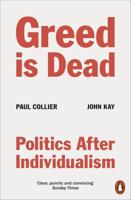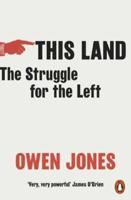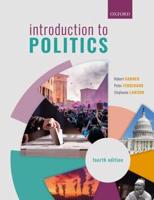Publisher's Synopsis
Defences for regimes of private property ownership are normally grounded on economic efficiency arguments. In Property as a Guarantor of Liberty a different approach is taken, one that grounds the defence of private property ownership on the protection it affords to individual liberty. Several interesting implications emerge from the analysis, including an explanation of the desire by individuals for ownership of consumer durable goods. A direct implication of this analysis is that constitutional limits must be in place, prior to any exercise of democratic governance, to constrain overt political intrusions into rights of property. The confusion that has corrupted Western attitudes, and that threatens to close off the opportunities now presented to emerging post-socialist societies, involves a failure to recognise that 'constitutional' must be placed in front of the word 'democracy' if the political equity of individuals is to contain any meaningful measure of freedom and autonomy.









